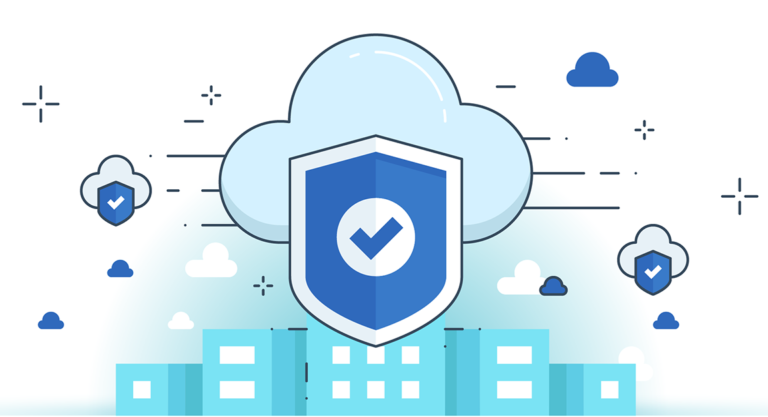
Organizations from a variety of industries are adopting cloud-based solutions in today’s changing technology environment to streamline their operations and gain a competitive advantage. Historian systems that are cloud-based are essential for gathering, storing, and processing real-time data. To protect sensitive information, it is essential to have strong cybersecurity safeguards in place. This article discusses the importance of cloud-based historian systems and offers crucial cybersecurity best practices that businesses should implement.
Understanding Cloud-Based Historian Systems
Cloud-based historian systems revolutionize data management and utilization. They enable organizations to collect, store, and analyze large volumes of historical and real-time data, empowering them to derive actionable insights, enhance operational efficiency, and make informed decisions. Leveraging cloud infrastructure allows businesses to scale their historian systems as needed while decreasing maintenance costs.
The Importance of Cybersecurity in Cloud-Based Historian Systems
As organizations increasingly rely on cloud-based historian systems to store and process critical data, robust cybersecurity becomes critical. Here are key reasons why cybersecurity is crucial:
- – Data Protection: Cloud-based historian systems handle sensitive data, including proprietary information, customer details, and operational insights. Strong cybersecurity measures ensure the confidentiality, integrity, and availability of this data, guarding it against unauthorized access.
- – Compliance Requirements: Numerous industries, such as healthcare, finance, and energy, have strict regulations governing data security. Implementing cybersecurity best practices within cloud-based historian systems helps organizations comply with these regulations, avoiding potential legal and financial consequences.
- – Mitigating Cyber Threats: Cybercriminals continuously develop techniques to exploit vulnerabilities in cloud-based systems. Implementing robust cybersecurity measures assists organizations in proactively identifying and mitigating potential threats, protecting their data assets from unauthorized access, data breaches, and other cyberattacks.
Cybersecurity Best Practices for Cloud-Based Historian Systems
The following best practices should be adopted by enterprises to strengthen the security of their cloud-based historian systems:
- – Multi-Factor Authentication (MFA): Implementing MFA adds an extra layer of security by requiring users to provide multiple forms of authentication, such as passwords, biometrics, or tokens. This helps prevent unauthorized access to sensitive data.
- – Encryption: Employ encryption techniques to secure data both during transit and at rest. By using industry-standard encryption algorithms, organizations can protect data as it moves between the cloud-based historian system and user devices.
- – Regular Updates and Patches: Stay vigilant about applying software updates and patches to address vulnerabilities promptly. Regularly monitoring and updating the software stack of the cloud-based historian system helps prevent potential security loopholes.
- – Access Controls and User Permissions: Implement granular access controls and user permissions to restrict data access to authorized personnel only. Adhering to the principle of least privilege minimizes potential exposure and reduces the impact of security incidents.
- – Security Monitoring and Incident Response: Deploy robust monitoring and logging mechanisms to promptly detect and respond to security incidents. Utilizing intrusion detection systems (IDS) and security information and event management (SIEM) tools enables proactive threat detection and swift incident response.
Cloud-based historian systems provide organizations with the means to unlock the full potential of their data, driving innovation and operational efficiency. However, it is critical to prioritize data security by adopting proactive cybersecurity measures. By embracing best practices such as multi-factor authentication, encryption, regular updates, access controls, and security monitoring, organizations can strengthen the security of their cloud-based historian systems, safeguarding their sensitive data. Businesses can utilize the advantages of cloud-based technologies with confidence if they adopt a proactive approach to cybersecurity.
